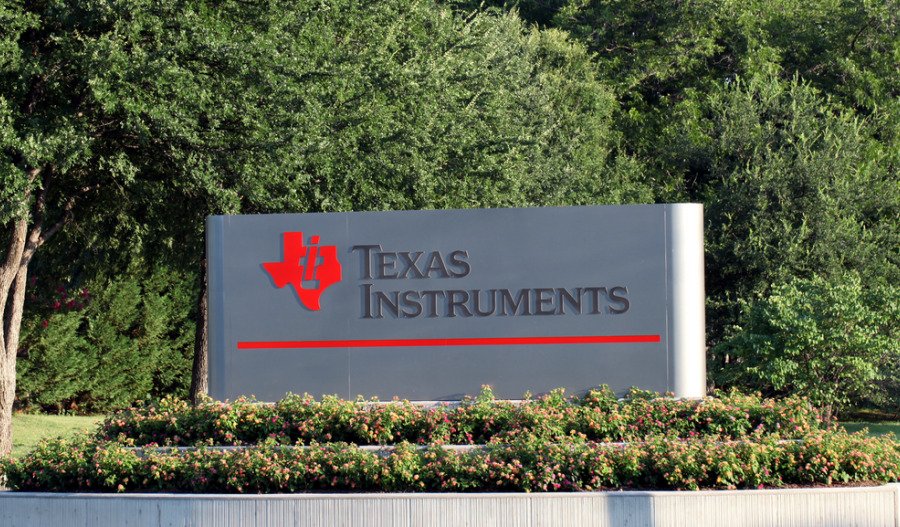Texas Instruments shares slumped more than 8% in after-hours trading on Tuesday (Wednesday AEDT) after the company forecast fourth-quarter revenue and profit below Wall Street expectations, citing ongoing macroeconomic uncertainty stemming from United States tariffs and the escalating trade dispute with China.
The semiconductor manufacturer reported third-quarter earnings per share (EPS) of $1.48, narrowly below market expectations of $1.49, while revenue came in at US$4.74 billion, topping forecasts of $4.65 billion.
The disappointing guidance overshadowed the modest revenue beat, sending Texas Instruments (NASDAQ: TXN) stock down 8.1% in after-hours trading. The shares are now down 4.5% year-to-date.
For the fourth quarter, the company expects revenue between $4.22 billion and $4.58 billion, compared with market estimates of $4.51 billion, according to data from LSEG.
It also projected earnings per share in the range of $1.13 to $1.39, below expectations of $1.41 per share.
President and CEO Haviv Ilan said the company’s operational cash flow remains robust despite the challenging backdrop. “Our cash flow from operations of $6.9 billion for the trailing 12 months again underscored the strength of our business model, the quality of our product portfolio and the benefit of 300mm production. Free cash flow for the same period was $2.4 billion.”
Texas Instruments has been caught in the crossfire of intensifying U.S.-China trade frictions. Successive U.S. administrations have imposed restrictions aimed at limiting China’s access to American chip technology, prompting Beijing to accelerate domestic analog semiconductor production - a move that threatens TI’s exposure to one of its largest markets.
China typically accounts for nearly 20% of the company’s annual sales, and with new tariff discussions on the horizon, the outlook for demand recovery remains uncertain.
At the same time, Texas Instruments continues to ramp up investment in expanding U.S. production capacity as President Donald Trump pushes to strengthen domestic semiconductor supply chains.



